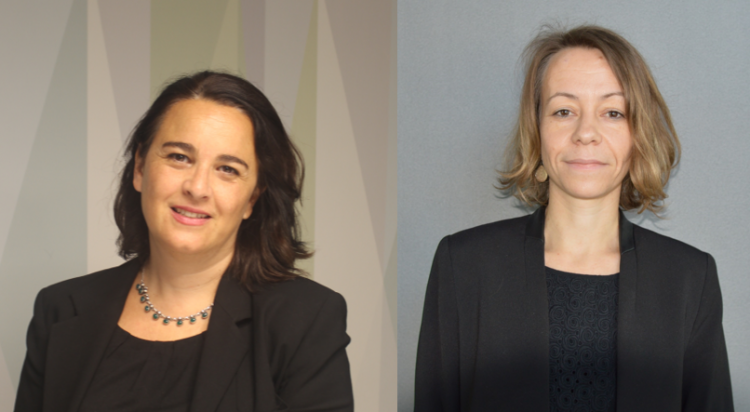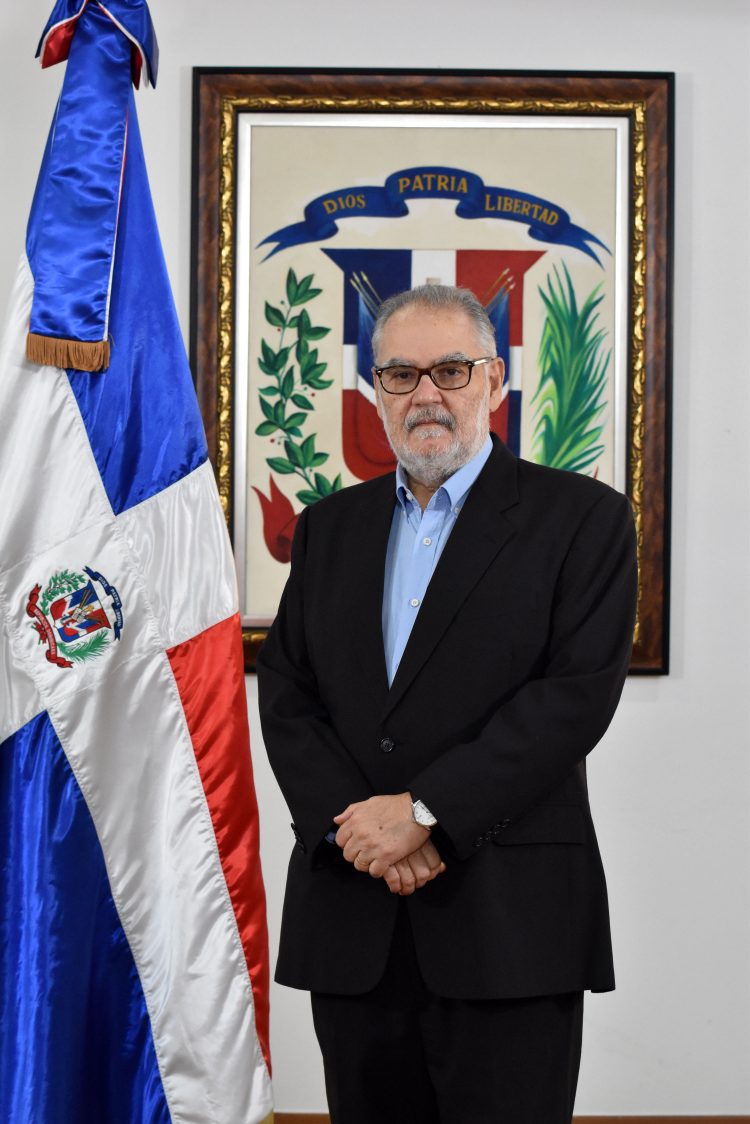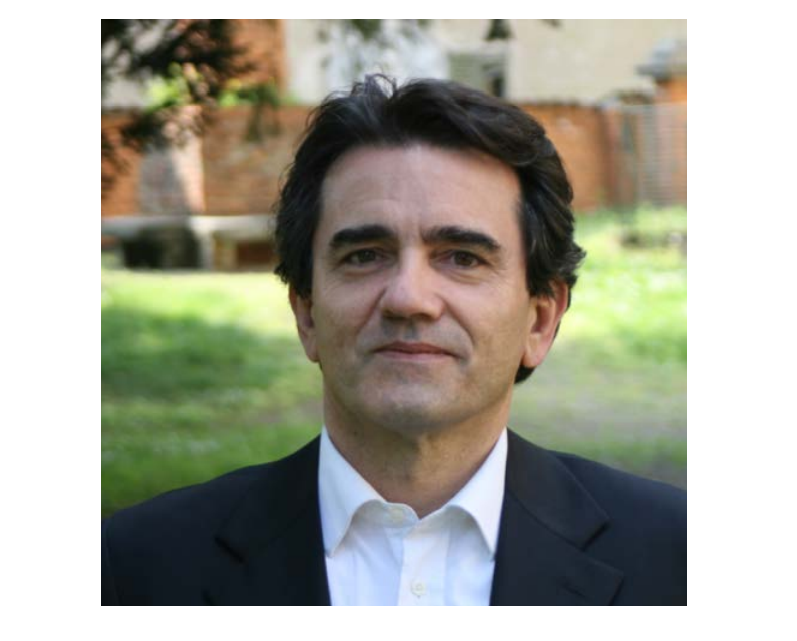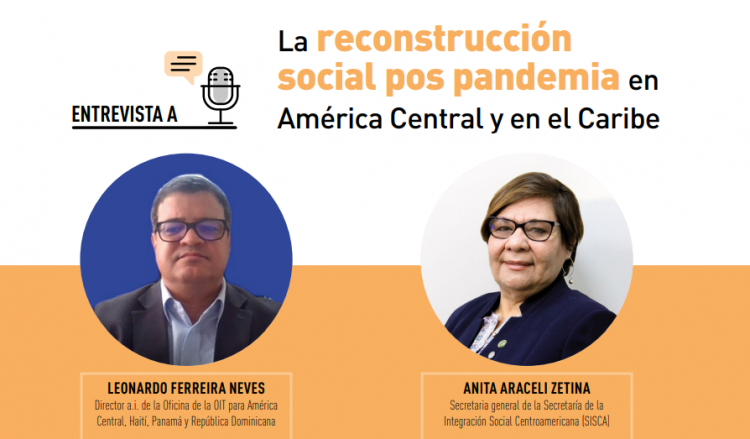Por Ana Pérez Camporeale, coordinator of the Gender Equality Policies Area / EUROsociAL+ Programme, and Bénédicte Lucas, Head of the Gender Help Desk of the Gender Equality Policies Area / EUROsociAL+ Programme.

Like other crises (health, humanitarian, ecological), the Covid-19 pandemic has had an disproportionate impact on women, accentuating the inequalities and violence against they suffer.[1] It has also led states to make structural policy adjustments and budget cuts that may potentially accelerate these inequalities and endanger the sustainability of gender policies.
However, gender policies are transformational and are exercised by society and the States to improve the quality of democracy. The state has a determining role in the construction and reproduction of inequality in gender relations and their transformation. Governmental gender organisations such as Mechanisms for the Advancement of Women (MAMs)[2] and the feminist movement of civil society are essential partners for producing public policies that foster the fight against inequalities. While this link between institutionalised feminism and the social mobilisation of women is not without conflict[3], significant progress has been made. The MAMs promote a set of simultaneous interventions that respond to different manifestations of gender inequality – the physical, economic and political autonomy of women – and address the systemic nature of these inequalities. Feminist discourses appeal to the values of freedom, equality, autonomy, social justice and human rights.
It should be noted that MAMs in Latin America (LA) and the Caribbean are relatively young and fragile. They were set up in the 1980s and 1990s, with varying degrees of institutional structure within the executive power[4]. They are usually subject to continuous changes to the institutional structure and anchoring. According to a qualitative indicator prepared by ECLAC and based on the hierarchical level of the MAMs[5] in LA, 60% of the countries have high-level MAMs (ranked as a ministry or led by a cabinet minister). In the Caribbean, 83.3% of them have a low level institutional structure (they report to a ministry or lower-ranking authority, such as a vice ministry, institute, council or other).
Support actions within the framework of cooperation programmes are excellent spaces to position the leadership of the MAMs. In this regard, EUROsociAL+ considers strengthening of MAMs a tool for the sustainability of gender policies. It implements actions to reinforce its technical capacities and institutional architecture; seeks to create spaces for inter-institutional dialogue to analyse the challenges of female participation in different branches of public policies not only as beneficiaries but also as actors, giving greater coherence and effectiveness to public action. It helps to link Latin American MAMs and their European counterparts to place them in spaces of global incidence (Sustainable Development Goals, Generation Equality Forum[6]), helping to strengthen gender architecture in the region and the legitimacy of institutions promoting equality.
The above shows that specific gender agendas and mainstreaming are necessary to build a new social pact based on redistributive political agreements.[7], that promotes inclusive and sustainable development for all.
[1]“Gender Equality in the EU, annual report 2021”, pages 4 and 19. Available at: https://ec.europa.eu/info/sites/default/files/aid_development_cooperation_fundamental_rights/annual_report_ge_2021_en.pdf
[2] Institutional mechanisms to guide and coordinate gender equality policies in ALC States are inspired by the agreements reached at the United Nations Global Women’s Conferences (“Equality, Development and Peace”, Nairobi, 1985) and the Platform for Action of Beijing, result of the IV World Conference on women: Equality, Development and Peace, that happened in 1995. V. Guzmán Barcos and S. Montaño Virreira, “Políticas públicas e institucionalidad de género en América Latina (1985-2010)”, Serie Mujer y Desarrollo, Santiago de Chile, Comisión Económica para América Latina y el Caribe (ECLAC), 2020, p. 15
[3] Ditto.
[4]“Gender Equality Observatory for Latin America and the Caribbean”, ECLAC, indicators available at: https://oig.cepal.org/es/indicadores/nivel-jerarquico-mecanismos-adelanto-la-mujer-mam
[5] The classification levels for Latin America are: high level for mechanisms with the institutional rank of ministry or when the rank of the incumbent is minister with full participation in the cabinet. At the intermediate level, the mechanisms that depend on the office of the presidency and whose incumbents are not cabinet members (offices attached to the presidency, secretariats, national institutes and other figures) have been located. At the lowest level are mechanisms that depend on a ministry or less senior authority (vice ministries, institutes, councils and other figures). In the Caribbean, the classification is similar and is expressed as: high level if the head of the mechanism is a minister, medium level if it depends on and reports to the prime minister, low level if it depends upon or reports to a sector minister.
[6] The Generation Equality Forum (FGI) is a space for international public dialogue that includes both public institutions and civil society organisations, and especially youth, convened by UN Women and jointly organised by the governments of Mexico and France, for accountability regarding gender equality, tracking progress, as well as shaping a programme of concrete measures to advance towards gender equality by 2030. https://forum.generationequality.org/ it is
[7] In other words, they aim to transform the rules of the game and provide for a significant extension of benefits to populations with less relative power, unlike defensive agreements used to introduce politically costly reforms by protecting existing social and labour rights. J. Martínez Franzoni and D. Sánchez-Ancochea, “Pactos sociales al servicio del bienestar en América Latina y el Caribe: ¿qué son y qué papel tienen en tiempos de crisis?” (Social welfare pacts in Latin America and the Caribbean: What are they and what is their role in times of crisis?”), Project Documents (LC/TS.2020/169), Santiago, Economic Commission for Latin America and the Caribbean (ECLAC), 2020, page 21



